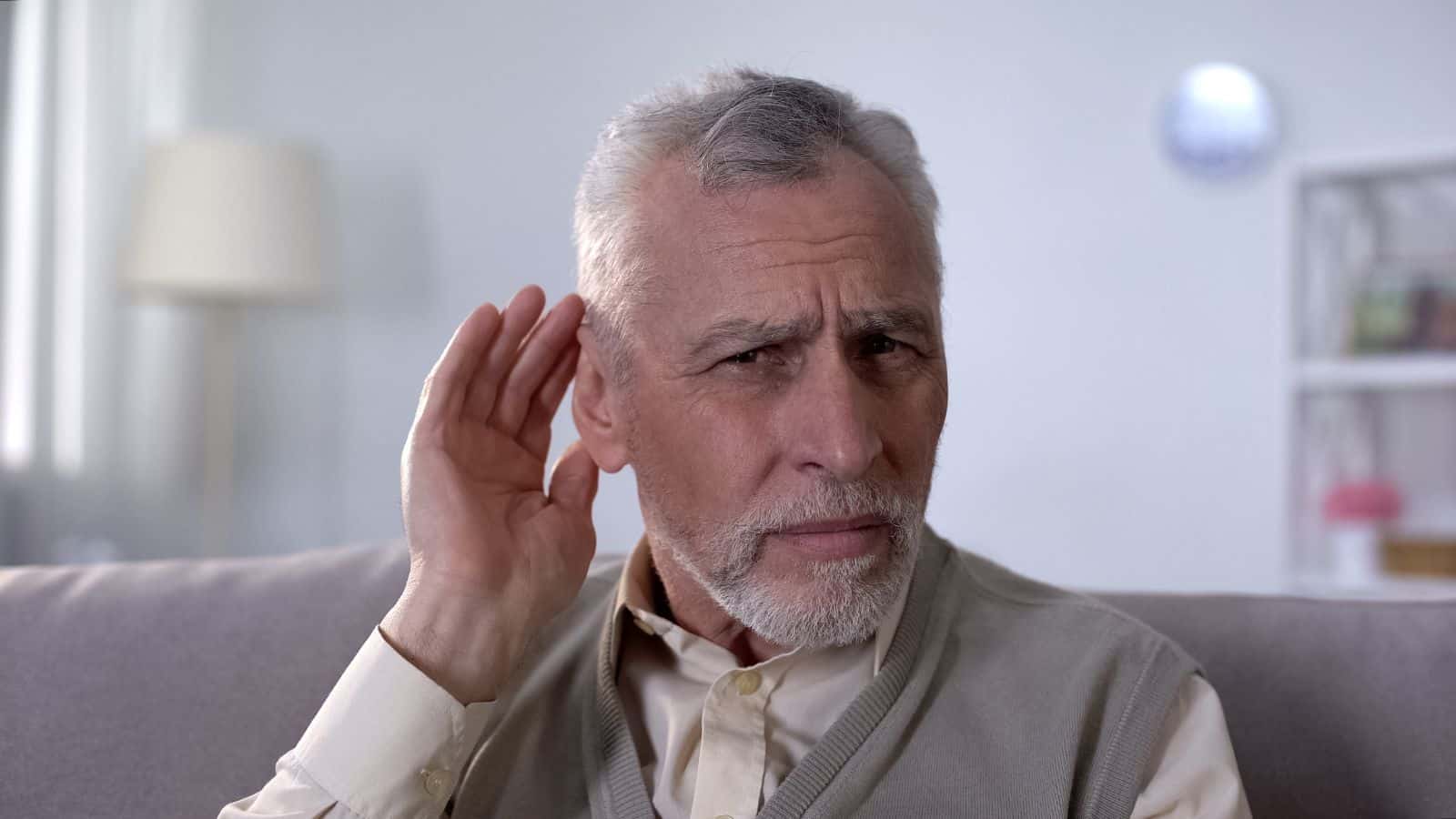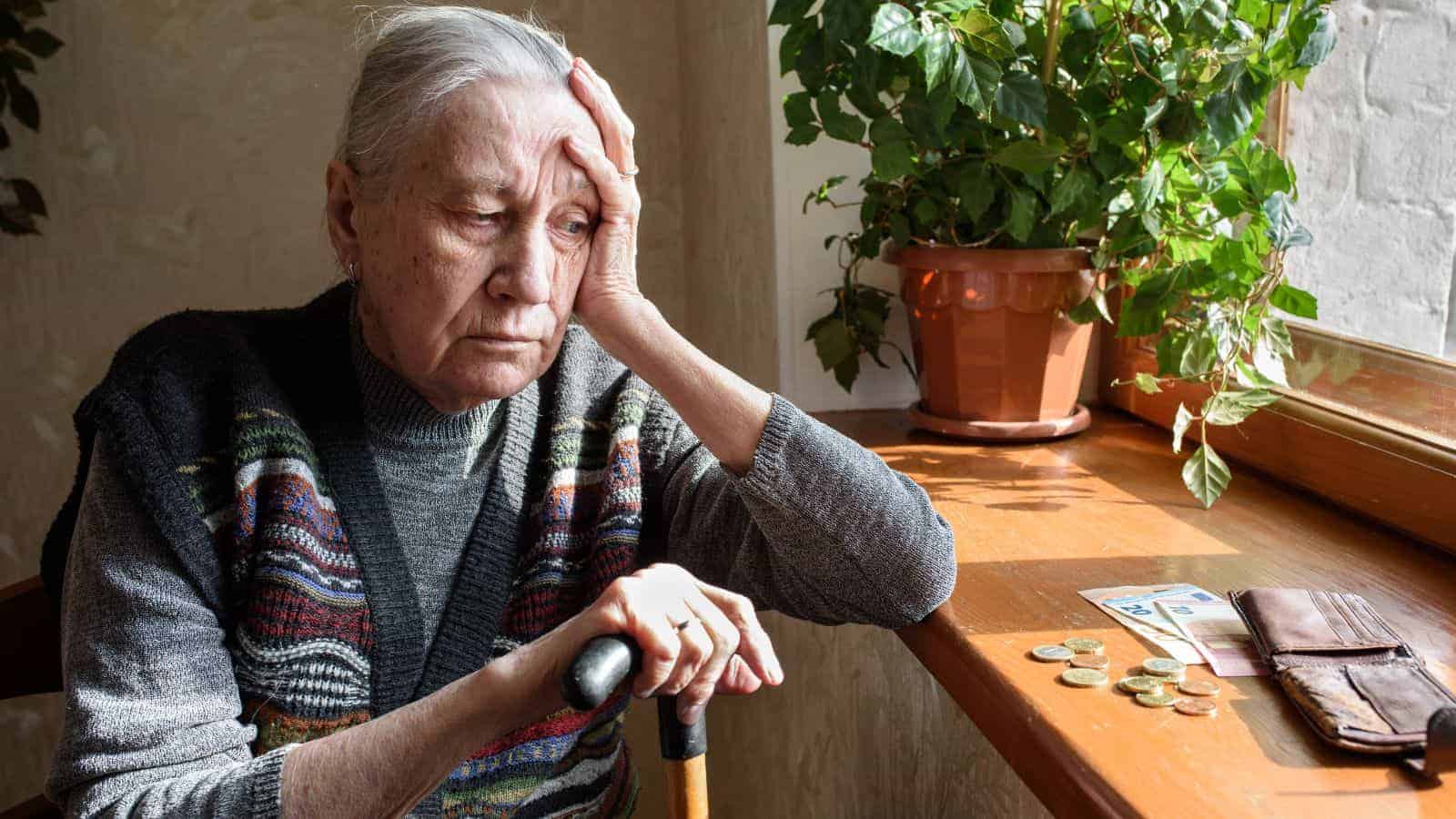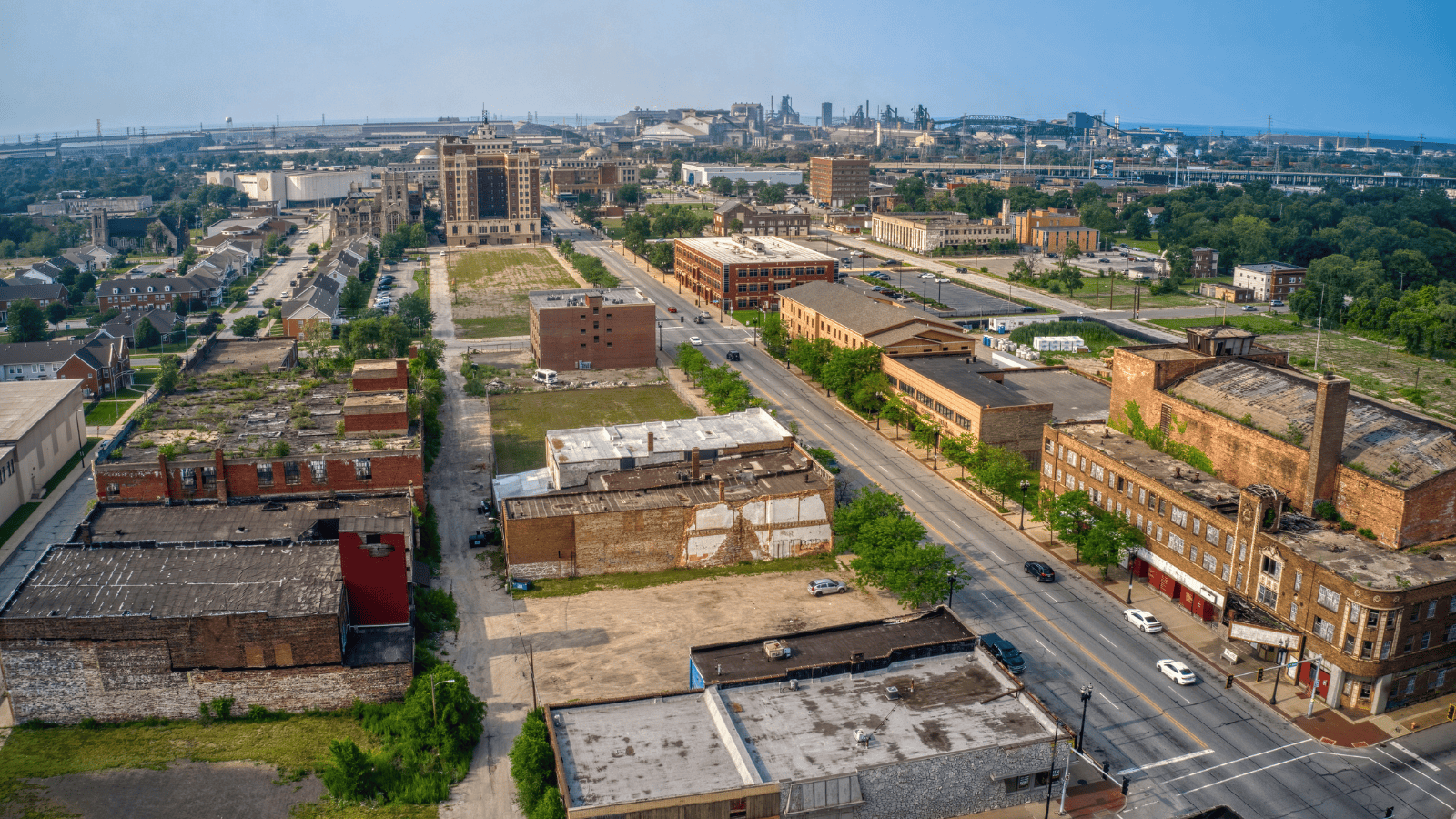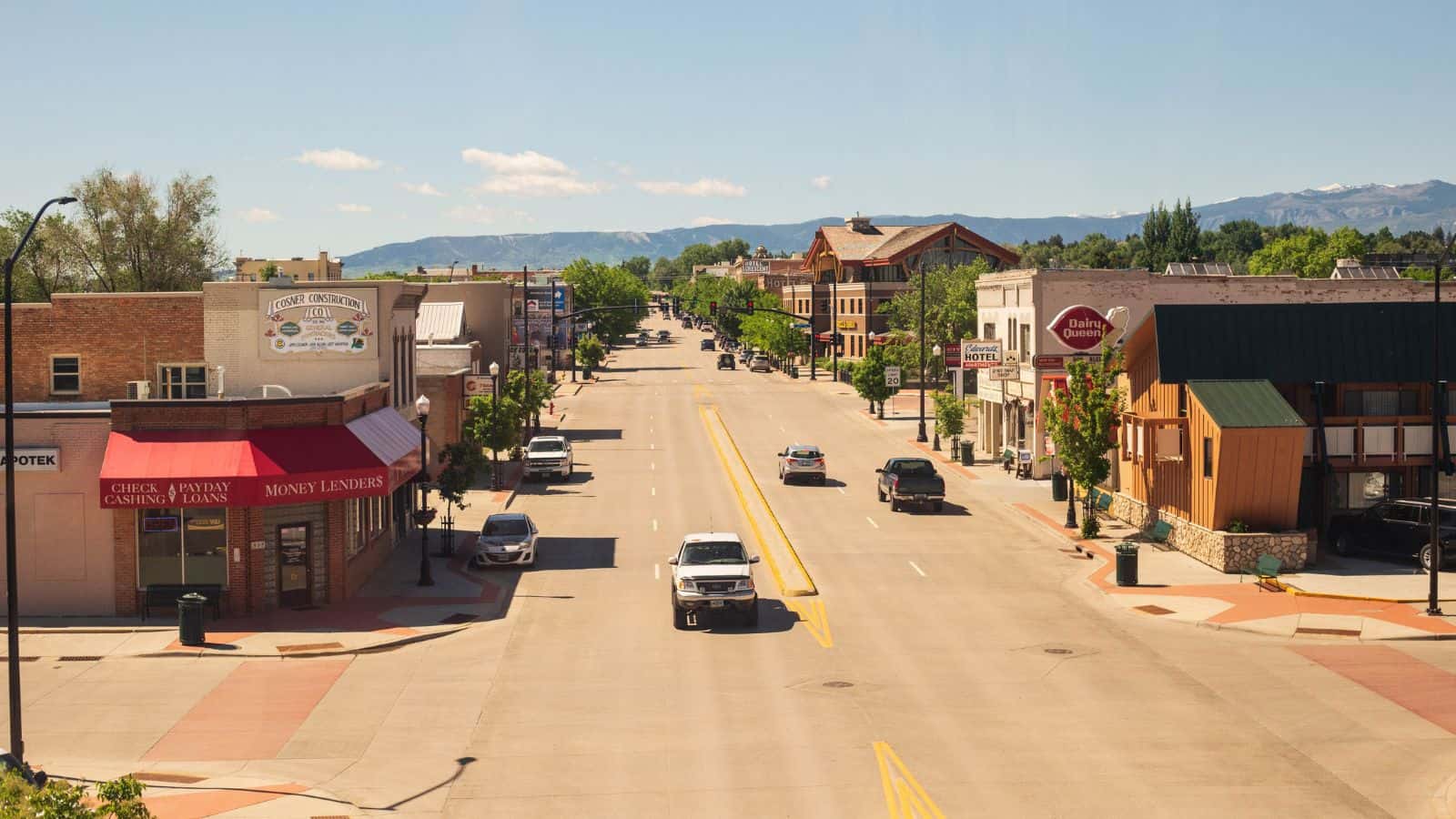Aging is a natural part of life, but it comes with changes that can be hard to accept. This article lists 18 challenging things we face as we grow older, including the impact on our health, lifestyle, and emotional well-being.
Sleep Patterns

According to the Sleep Foundation, “Older adults spend more time in the earlier, lighter stages of sleep and less time in the later, deeper stages.” This means they may wake up more throughout the night and feel more tired throughout the day.
Mobility

The amount of muscle mass and strength we have starts to reduce as we get older, and this makes physical activities harder. Having a slower metabolic rate will also mean you have lower energy levels. To help keep you as mobile as possible, try to exercise regularly and build strength training into your routine.
Skin Elasticity and Health

As the skin ages, it begins to lose collagen, which is what creates elasticity in the skin. This means you will see more sagging and winkles, and you may also find your skin drier due to the fact it produces fewer natural oils. Try to regularly moisturize it and keep it hydrated to protect it.
Maintaining Weight

Often, our metabolisms slow down as we age, and this can mean we gain weight even if our eating habits haven’t changed. Issues with mobility will leave older people with less muscle mass, which further slows metabolism. The National Institute on Aging recommends you “choose foods rich in nutrients and aim for at least 150 minutes of physical activity per week.”
Health Vulnerabilities

Immune systems tend to weaken with age, which means you become more susceptible to infections and common diseases such as flu and pneumonia. It is also more likely that you’ll suffer from chronic conditions like heart disease, arthritis, and diabetes. Regular exercise and a healthy diet can help to reduce these risks.
Cognitive Decline

Many people find that they see their cognitive abilities start to decline as they age, and UCSF found that “age-related declines most commonly include overall slowness in thinking and difficulties sustaining attention, multitasking, holding information in mind and word-finding.” To help, try to include lots of mental stimulation, social engagement, and exercise in your daily routine.
Decreased Independence

If you are finding that your mobility or cognitive functions have slowed or decreased, you may need to adjust your living situation in order to make sure you are comfortable and safe. This might be simply adding some mobility aids to your home, or it might mean moving somewhere that can provide you with care as and when you need it.
Emotional Adjustments

Many older people experience feelings of sadness or loss as they face changes in their mind and body, as well as deal with the deaths of loved ones. It can be a good idea to talk through these emotions with a therapist, and it’s important to make sure you keep socializing too.
Shifting Social Circles

Reaching retirement age is often a time of lots of change. You need to adjust to your new routine, and you may be choosing to relocate too. This can leave you feeling more isolated, so it’s important to keep busy with social events and engaging in local clubs, organizations, and groups.
Hearing and Vision Loss

Although all of your senses can be affected by aging, you’re most likely to experience hearing and vision loss. This can affect your ability to communicate as well as your quality of life. Medicine Plus says, “Devices such as glasses and hearing aids, or lifestyle changes can improve your ability to hear and see.”
Financial Security

After retirement, many older people live on fixed incomes, which can become tricky when the cost of living rises. It’s important to regularly review and update your financial plans to ensure you can live the life you want for the rest of your retirement.
Accepting Death

Coming to terms with the fact that you’re not going to live forever is a tough psychological process that many people fear. It’s common to feel anxious about death, but openly discussing your preferences for end-of-life care and celebrations can give you peace of mind.
Sexual Health and Drive

Hormonal changes mean you’re likely to experience a reduced libido, which can impact your relationship with your partner. To help maintain the intimacy between you, try to talk openly about your feelings and the changes in your body, or consider trying couples therapy to ensure you both understand one another.
Routine Medical Care

Older people often need more frequent checkups with the doctor to monitor the status of their health and detect any problems. If you have a chronic condition, such as diabetes or heart disease, your doctor will want to see you often to manage your medication and symptoms.
Loneliness

If your spouse passes away or you live alone, it can be very lonely. It has been found that isolation can lead to physical and mental health issues, including depression and cardiovascular disease. Socializing with friends or getting involved in community groups can help to reduce these feelings and give you more purpose in your day.
Technological Changes

Keeping up with the constant innovations in technology can be tricky, but it helps older people stay connected with family and friends as well as access online services. If it is something you struggle with, you could consider going to a local class where you can learn how to use computers and smart phones.
Flexibility

Adding stretching and strength exercises to your weekly routine can really help keep your muscles and joints functioning and pain-free. This, along with making modifications to your home to allow for free movement, can reduce your risk of falling and injuring yourself.
Role Changes within the Family

Often, older adults will experience the shift from being caregivers to their children or parents to receiving care themselves. This can affect their self-esteem and also change the dynamics within the family. In order to make sure everyone feels understood and respected during this time, try to communicate with your family as openly as possible.
Up Next: 17 Places in the U.S. Where Even Truck Drivers Won’t Stop

Truck drivers tend to be hardy souls—well-seasoned travelers who aren’t often afraid to rest up or refuel in risky locations. However, there are certain U.S. locations that even the most road-weary trucker refuses to stop at for fear of criminal activity or natural dangers. Here are 17 such locations that even experienced truck drivers approach with trepidation (or not at all).
17 PLACES IN THE U.S. WHERE EVEN TRUCK DRIVERS WON’T STOP
17 Things Guests Actually Notice Right Away About Your House

Inviting people into your home is a big deal. You may be very house-proud or house-conscious, and if you are either, you’ll likely get anxious about hosting. If this sounds like you, stop worrying and focus on the following 17 things that guests actually notice right away about your house.
17 THINGS GUESTS ACTUALLY NOTICE RIGHT AWAY ABOUT YOUR HOUSE
The 17 Unhappiest States in America

The US has hit an all-time low position in the World Happiness Index, tumbling to 23rd in 2024. However, it’s important to remember that location is an important factor; many US states are very happy, unlike the following 17 US states that appear to be the most unhappy.
